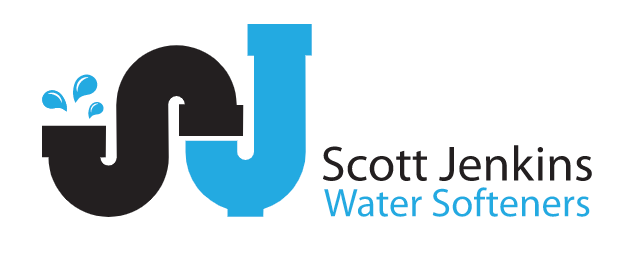How is it possible that pipes in your property can get clogged up, when the only thing flowing freely through them is meant to be clear and harmless looking water? It’s not as though there should be any mud or leaves in there causing any obstructions!
On the face of it, it doesn’t seem to make any sense, does it?
But there’s an invisible enemy at work.
How hard water prevents pipework performing properly
Slowly, silently, over time, the pipework around your home will start to corrode and become blocked. Almost without fail, when the clogging occurs on a regular basis, hard water will be at the root of the problem.
This is down to the large amounts of calcium and magnesium minerals that are prevalent in hard water. They show up in the form of limescale build-up and pipework, unfortunately, is fertile ground for limescale. Left unchecked, within months even, the accumulation of residue can create a major problem – regardless of whether you have copper or plastic pipework. As time goes on, the situation will only worsen.
From a plumbing perspective, this can be a nightmare. As water flow becomes more and more restricted, this can have a detrimental impact on water pressure and it can also make it far harder – and more costly – to heat your home effectively. The is because the boiler will have to work twice as hard to create the same effect, since it will be forced to work with and around the dastardly limescale!
As the clogging builds and builds, eventually there will be a complete erosion of pipework. This is when you get burst pipes and leakages – often in the most inaccessible of places – with all the resultant repair costs and disruption.
Unfortunately, in the south east of England and especially in Sussex, Surrey and Hampshire, we live in a major hard water area. This is due to the chalky nature of the soil in this part of the world, which turns naturally soft rainwater hard. This is what flows through the mains water system into your property’s pipework!
To demonstrate exactly how hard the water is in your home, click here for one of our free home hard water tests kits.
How can I stop my pipework getting blocked up by hard water?
The only long-term cure for preventing hard water damage to pipework is to have a water softener installed – or move to a part of the country where there is an abundance of soft water (not necessarily practical!). Through a process called ion-exchange, a water softener will remove the calcium and magnesium minerals and, hey presto, you’ve got soft water!
This will do two things. Firstly, it will prevent any more hard water clogging up the pipes. Secondly, just as importantly, over a period of time, soft water will break down the hard water limescale build up, so that it disappears altogether, enabling your pipework to return to its “normal” condition.
What is the best water softener for my property?
We offer an outstanding range of high quality, reliable and extremely efficient water softeners. Go to our Shop Products page and check out the various options and prices. For more affordable budgeting, we also offer attractive finance terms, which you may find helpful.
The destructive nature of hard water cannot be overstated. It isn’t good for your hair and skin and it certainly doesn’t do your pipework any favours whatsoever!
If you are encountering problems with your pipework or your boiler doesn’t seem to be working very effectively, the chances are that hard water is at the heart of the problem.
If you are yet to make the decision about switching over to a soft system, the best time to do it is BEFORE your pipework pays the price!
We are the area’s No.1 provider of soft water systems. To book and appointment or to chat through your circumstances, we are here to help you make informed decisions. Call SJ Water Softeners on 01243 607494 or via email: scott@sjbs.info
